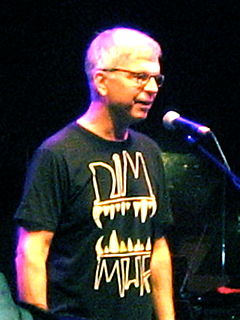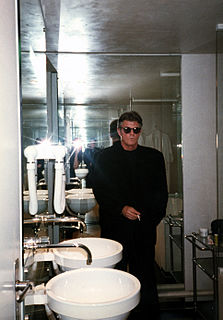A Quote by Mike Portnoy
Change is inevitable with the evolution of technology. In the '70s, we had records. In the '80s, we had CDs, and now we are living in the digital age. You can say it's sad or unfortunate, but the reality is you've got to roll with the times and the technology.
Related Quotes
History is littered with great firms that got killed by disruption. Of course, the personal computer, a technology that first took root as a toy, got Digital Equipment Corporation. Kodak missed the boat for a long time on digital imaging. Sony was slow to get MP3 technology. Microsoft doesn't know what to do with open source software. And so on.
One of the things about me is that I actually had marginally middle-class living from writing. For years and years, I actually wrote so much through the '70s and '80s that I made a living. And very rarely have I had to take another job. And now it's impossible for anybody coming up to make such a living. They've pissed in the temple, you know?
In the '80s, it was difficult and frustrating to appear in the theater and TV again, even though I had some successful shows and hit records. Now, I have to say, the '90s are the best decade of my life. I've done the best work and, in a funny way, I'm enjoying the most success... more than in the '70s.
Digital technology, you see, is not the villain here. It simply offers another dimension. I'm not sure if it's a farther remove from reality than analogue. I think if we can speak of reality, if reality and representation can be spoken of in the same sentence, if reality even exists any more, digital is simply another way of encoding that reality.
What’s next for technology and design? A lot less thinking about technology for technology’s sake, and a lot more thinking about design. Art humanizes technology and makes it understandable. Design is needed to make sense of information overload. It is why art and design will rise in importance during this century as we try to make sense of all the possibilities that digital technology now affords.
Technology is something you have to embrace because technology is part of our generation. Digital natives, for instance, are people who grew up in a world that always had the Internet and who always had smartphones. Millennials aren't too far behind: my generation of people, who were in the mix of the Internet when it first came out.




































